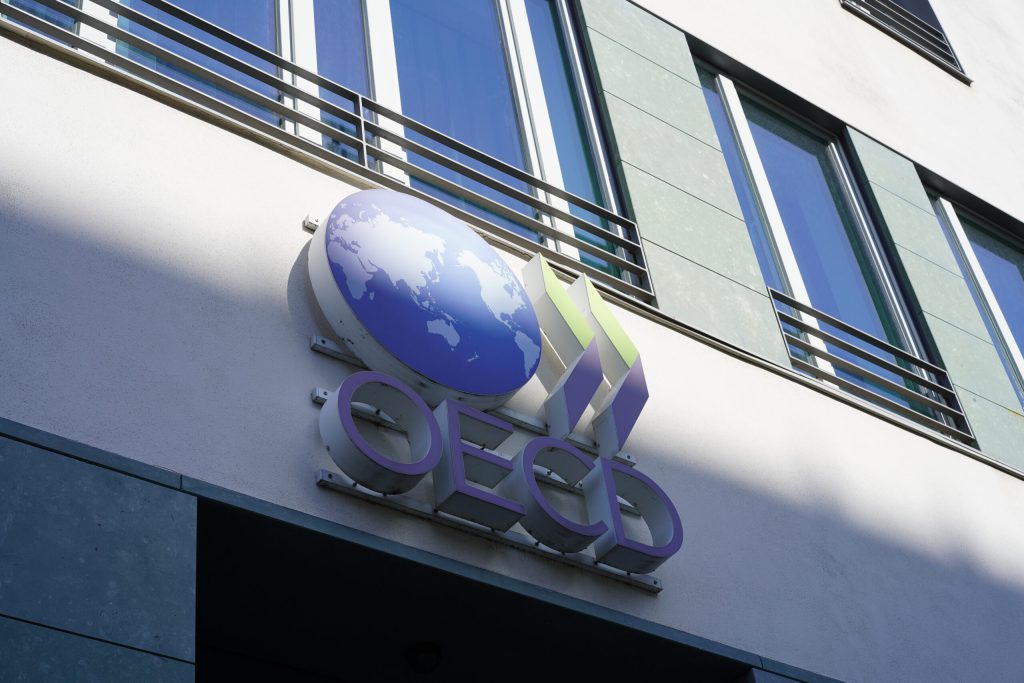
Global growth: harnessing the business value from sustainability
A new report made headlines last week, stating the economic case for accelerated climate action to deliver GDP growth. Ahead of our Sustainable Futures conference next month, Dr Andrew Coburn, CEO Risilience, calls for companies to lead the charge and harness the business value of sustainability.
While our current political environment and evolving global regulatory landscape is clouding the business view of sustainability, the economics are crystal clear.
New analysis from the Organisation for Economic Co-operation and Development (OECD) and UN Development Programme (UNDP) ‘provides evidence that higher climate ambition is not only achievable, it also makes economic sense, even in the near term’.
By reducing the risk of climate-induced events, an Enhanced NDC scenario could, the report states, ‘prevent significant economic losses and increase global GDP by up to three per cent by 2050 and up to 13 per cent by 2100’. Ignoring climate-and-nature-related risks could be financially calamitous; the Institute and Faculty of Actuaries (IFoA) warns that the global economy could face a 50 per cent loss in GDP between 2070 and 2090 unless immediate policy action on risks posed by the climate crisis is taken.
Time is of the essence. The financial impact of climate change is already making itself felt; many global organisations are experiencing climate-related disruption to supply chains and face the associated cost to bottom lines. With extreme weather events expected to increase globally, companies taking action to mitigate climate-and-nature-related-risk and make sustainability a business imperative will increase operational resilience and grow business value.
Confirming these upsides, a survey by management consultancy Kearney, that questioned 500 CFOs from large, global corporations, reported 93 per cent of CFOs acknowledged a clear business case for investing in sustainability and 94 per cent incorporate sustainability considerations into their overall investment decisions, demonstrating that sustainability is embedded into their financial strategies.
In a year shaped by peak uncertainty, data-led insights and scenario analysis will be key to business survival, and critical for success. Companies accessing analytics to inform financially quantified and actionable transition plans will be best positioned to de-risk operations and commercially optimise sustainability.
The global economy must be decarbonised to grow. It’s time to drive changes that will build value, strengthen resilience and deliver business opportunities to those organisations taking the lead on sustainability.
• The business value of sustainability is the focus for this year’s Sustainable Futures conference, on Thursday 8th May, at London’s Barbican Centre.
See the full agenda and register here.
The conference includes a keynote by Professor Sir David Spiegelhalter FRS OBE, Emeritus Professor of Statistics at the University of Cambridge, media commentator and author, who will speak to ‘The art of uncertainty: planning for a future that is hard to imagine’.